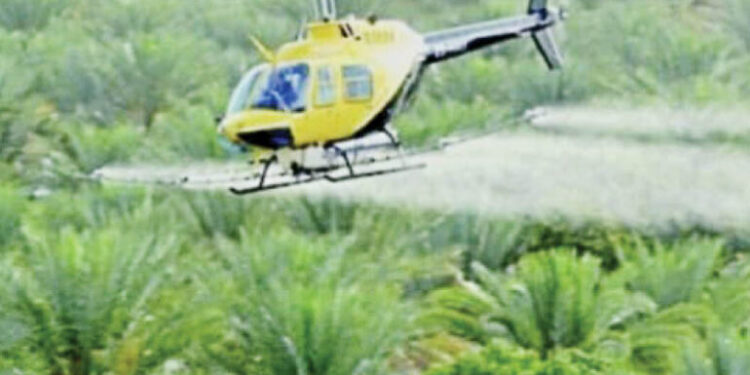The Ministry of Agriculture, Fisheries, and Water Resources (MAFWR) is advancing food security through various initiatives in Dhahirah, aligning its efforts with Oman Vision 2040 to strengthen the agriculture, livestock, and fisheries sectors. This strategy supports the nation’s broader food security ambitions.
A ministry official highlighted that the Directorate General of Agriculture and Water Resources in Dhahirah is focusing on programs that enhance agricultural and livestock productivity while optimizing water resources. These initiatives are designed to maximize local potential, empower farmers, and promote sustainable growth.
In 2024, the directorate has made significant strides in crop cultivation, livestock management, and water resources. By September, nearly 800 fruit seedlings and 19,500 wild seedlings had been distributed to local farmers. Additionally, 3,000 fruit seedlings and 4,400 palm seedlings were provided through a model farming project aimed at boosting agricultural output.
Dhahirah has achieved a milestone in wheat production, ranking third in the nation with approximately 249 tonnes harvested from 245 acres in the 2023-2024 season. The directorate supports wheat farmers with high-yield seeds and field assistance to further strengthen production.
By September, 13,832 agricultural and animal holdings were registered in Dhahirah, including 10,633 focused on agriculture and 3,199 on livestock. The beekeeping sector is also robust, with 982 licensed beekeepers and 23,457 hives. The directorate provides educational resources, training, and field visits to enhance beekeeping practices.
In pest management, the directorate has actively combated the red palm weevil, treating 4,207 infected trees, removing 924 severely affected trees, and conducting aerial and ground spraying in at-risk areas.
To ensure sector-wide compliance, MAFWR’s Control Department conducted 88 inspections, addressing violations across water resources, agriculture, and livestock activities to maintain standards. Food safety efforts include awareness programs and regular health inspections led by the Food Safety and Quality Department.
As part of its water security efforts, the directorate has undertaken a project to rehabilitate and maintain 100 aflaj, completing work on 44 so far, at a total cost of approximately USD 2.2 million.

























































